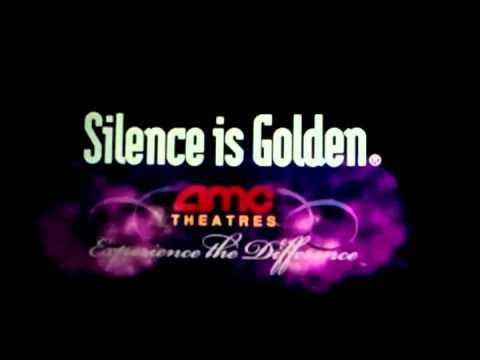Silence is golden. Can you smell the popcorn? Can you feel the sticky floors? Maybe not after a year away from movie theaters! I hope though, that the phrase made famous by AMC theaters brings you back. Also thrown around as a response to a nagging friend, sibling, or child, silence is golden is both a pithy aphorism and a moving piece of wisdom.
Silence plays a noteworthy role in the Torah portion that the Jewish people read this week in synagogues across the world. The portion is called Shemini and it takes place between chapter 9:1-11:47 of the book of Leviticus. Sandwiched between the consecration of the Tabernacle and the myriad laws of Kashrut, we read of a troubling incident involving Aaron’s sons Nadav and Avihu.
After being ambiguous told that they inappropriately offered, אש זרה-foreign fire, God punishes them with death. It is one of the more stark and theologically problematic moments in all of the Torah. What wasthis foreign fire exactly? Unclear. That is for another post. For now, I want to look at the aftermath.
Leviticus 10:3 tells us the following “Then Moses said to Aaron, “This is what God meant when God said: Through those near to Me I show Myself holy, And gain glory before all the people.” And Aaron was silent.” I want to focus on that last clause.
Aaron’s silence should jump out at us. One of the great tragedies we can imagine has befallen Aaron. Most of us cannot imagine the pain he must have been feeling. To cry out, lash out, or yell would’ve been expected. Instead, he’s silent. That silence is not golden. It is painful and empty but that does not mean it lacks value, both to Aaron then and to us now.
Thich Nhat Hanh, Buddhist monk and activist writes the following about silence in his book, “The Art of Communicating,”
If we take the time to listen deeply to our own suffering, we will be able to understand it...until it has been understood and transformed, we carry with us not just our suffering but that of our parents/ancestors. If we understand the nature and roots of our suffering, the path leading to the cessation of the suffering will appear in front of us. (Hanh 30)
Silence, he argues, gives us a chance to actually listen to ourselves and the suffering we are facing. When we do that, we can also actually understand others much better. All of us are suffering right now, perhaps more than we’d like to admit. Many times we cover up that suffering with noise. While that removes the pain momentarily, it is really just a way of kicking the can down the road. Instead, what we can do is embrace that silence. In that embrace, we can actually hear what we’re going through, process it, and address it. Then, we can also show up for others in our life.
I am not arguing that Aaron’s silence was intended that way by the Torah as that may be a bit of an anachronistic interpretation. But, I do think we can glean that message from his silence. Do you have the practice of listening to yourself? Do it. Right now. Take 30 seconds and listen in on what your heart and mind are telling you…I’ll wait….Really, take the time.
What joy do you feel? What suffering is crying out to you? That voice may be faint but that is perhaps because we aren’t as keyed into it as we could be.
We have all sat in many meetings over the past year with many people who take up much space. Maybe we have been guilty of it ourselves. All I know is that we all could ask ourselves the noted acronym of W.A.I.T-Why Am I Talking? Are you adding something or are you hiding from something? Instead of opening our mouths, we could open our ears. In that silence, though uncomfortable at first, we may very well find something golden.
Shabbat Shalom. Happy Weekend. Thank you so much for reading!


